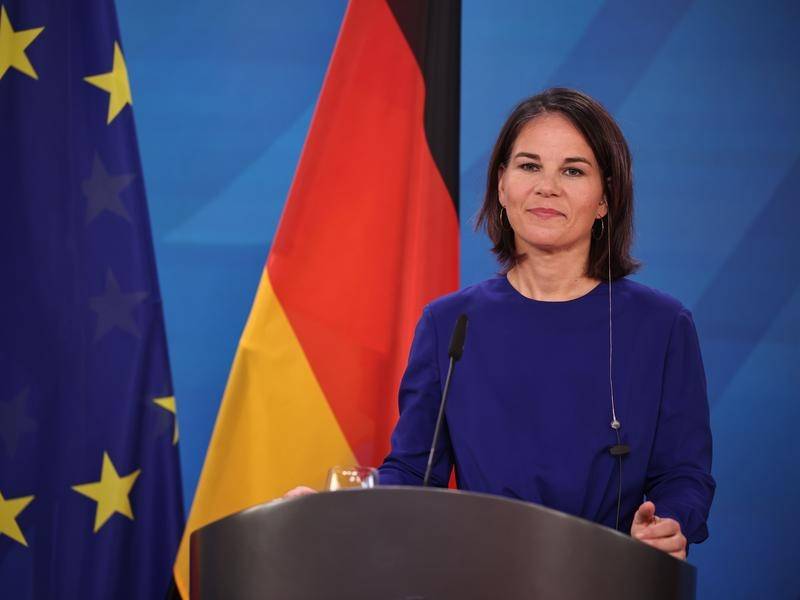Beijing has summoned the German ambassador to China following a controversial statement made by Germany’s foreign minister, Annalena Baerbock. Baerbock’s characterization of Chinese President Xi Jinping as a “dictator” during her recent visit to the United States has ignited fresh tensions between the two nations. While Germany and China have maintained robust economic ties, strains have emerged as Germany’s leadership takes a firmer stance on issues ranging from human rights to Taiwan.
Diplomatic Friction Intensifies
Annalena Baerbock, a prominent advocate for a tougher stance on China, made the contentious statement on Fox News during discussions about the ongoing conflict in Ukraine. She asserted, “If Putin were to win this war, what sign would that be for other dictators in the world, like Xi, like the Chinese president? So therefore Ukraine has to win this war.” Her remarks drew swift condemnation from Beijing, resulting in the summoning of Germany’s ambassador to China, Patricia Flor.
China’s foreign ministry spokeswoman, Mao Ning, expressed strong dissatisfaction with Baerbock’s comments, labeling them “extremely absurd” and a “serious infringement of China’s political dignity.” This incident marks the third recent occasion in which China has summoned Germany’s ambassador, signaling a deteriorating relationship between the two nations.
Germany’s Evolving China Policy
Germany’s stance towards China has undergone a notable transformation in recent times. In July, the country unveiled a new policy addressing an “assertive” China after months of internal deliberations. This policy reflects a delicate balance within Germany’s coalition government, characterizing China as a “partner, competitor, systemic rival.”
Foreign Minister Baerbock, representing the Green Party, advocates for a more assertive approach towards China, with a particular emphasis on human rights issues. In contrast, Chancellor Olaf Scholz, a Social Democrat, leans toward a more trade-friendly stance. The divergent positions within the government reflect a broader debate over Germany’s approach to China, with growing concerns over the risks posed by Chinese investments in Germany and the heavy reliance of German businesses on the Chinese market.
Economic and Security Concerns Heighten
Germany’s increasing wariness of China extends to economic and security realms. Recent developments underscore these concerns. Germany’s government blocked a Chinese takeover of a satellite startup on national security grounds, thwarting a bid to rival Starlink. This decision follows a pattern of security-related interventions, such as blocking the sale of chipmakers to Chinese investors.
Moreover, a proposed sale of a stake in Hamburg port to a Chinese firm ignited a heated political debate, ultimately leading Chancellor Scholz to approve the acquisition but at a reduced size. These incidents reveal the depth of apprehension in Berlin regarding potential Chinese influence and control over critical sectors.
As diplomatic tensions persist and Germany grapples with defining its China policy, the relationship between these global powers hangs in the balance. While economic interdependence remains a vital aspect of their connection, it is increasingly clear that Germany’s concerns over human rights, security, and domestic economic interests are driving a shift in its approach to China. The world watches closely as these diplomatic skirmishes illuminate the evolving dynamics between two influential nations on the global stage.















